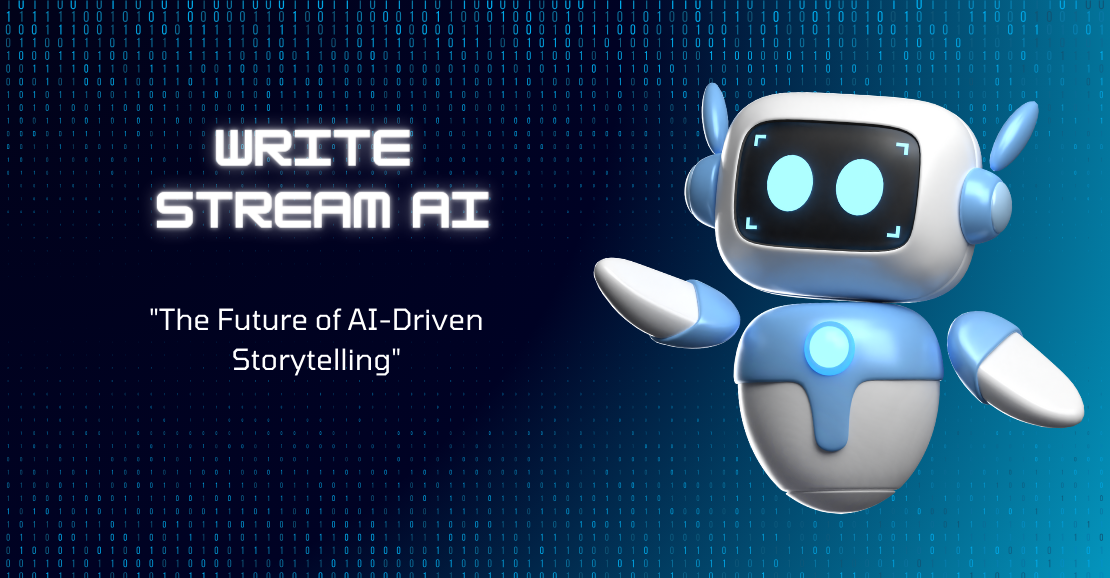The art of storytelling has been a part of human civilization since the beginning of time. It has evolved over the years, from oral tales passed down from generation to generation, to the written word, and now to digital mediums. With the rapid advancement of technology, we are now witnessing a new dimension in storytelling - AI-driven storytelling.
Artificial Intelligence (AI) has been a hot topic in the tech world for quite some time now. It is defined as the creation of intelligent machines that can learn, reason, and make decisions just like humans. While AI has been predominantly used in industries such as finance, healthcare, and manufacturing, its potential in the world of storytelling is now being explored.
AI-driven storytelling refers to the use of artificial intelligence to create, curate, and deliver stories. This technology has the ability to generate content, personalize it according to the audience, and even interact with them in real-time. With its vast capabilities, AI has the potential to revolutionize the way stories are told, consumed, and experienced.
One of the key advantages of AI-driven storytelling is its ability to create personalized content. With the help of algorithms and data analysis, AI can understand the preferences and behaviors of the audience and tailor the story accordingly. This could mean creating different versions of a story, catering to different age groups, or even changing the plot based on the emotions of the audience.
Moreover, AI can also make stories more interactive and engaging. With the use of Natural Language Processing (NLP), AI can understand and respond to human language, making it possible to have real-time conversations with the audience. This not only adds an element of surprise but also makes the storytelling experience more immersive.
AI-driven storytelling also has the potential to break barriers and make stories accessible to everyone. For instance, individuals with disabilities may face challenges in accessing traditional forms of storytelling, but with the help of AI, stories can be adapted to suit their needs. This could include providing sign language interpretation, audio descriptions, or even creating stories in braille.
However, with all its potential, there are also concerns about the impact of AI-driven storytelling. Critics argue that relying on AI to create content could result in a lack of originality and creativity, as machines are programmed to follow set patterns. Moreover, there are ethical and moral implications to consider, such as who owns the rights to the content generated by AI, and the potential for bias in the data used to create stories.
Despite these concerns, the future of AI-driven storytelling looks promising. As technology continues to advance, AI will only become more sophisticated and capable of creating compelling and personalized stories. In fact, some experts predict that in the near future, AI-powered virtual storytellers may become a common sight, delivering stories that are tailored to each individual audience member.
In conclusion, the world of storytelling is on the verge of a major transformation with the integration of AI technology. While there are concerns to address, the potential of AI-driven storytelling to create richer, more engaging, and inclusive experiences is undeniable. As we move towards an increasingly digital world, the future of storytelling is set to be driven by artificial intelligence.























Write your comment
Cancel Reply